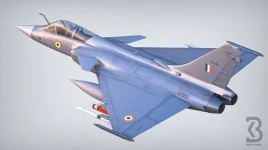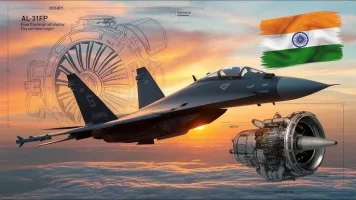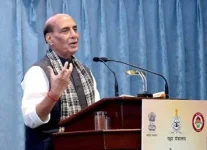- Views: 3K
- Replies: 15
India's pursuit of defence modernization is essential for maintaining strategic autonomy and bolstering national security. However, a critical gap remains in the domestic development of propulsion systems for its armed forces.
Currently, India heavily relies on imports for engines powering its tanks, fighter jets, and naval vessels, creating a dependence on foreign suppliers that hinders India's quest for complete self-reliance in defence.
Developing indigenous engines is paramount to achieving this goal. Relying on foreign suppliers can leave India vulnerable to supply chain disruptions, geopolitical pressures, and potential delays in procurement, jeopardizing the availability of critical defence assets. Indigenous engine development would give India complete control over design, production, and maintenance, ensuring uninterrupted access to these vital components.
Furthermore, imported engines are expensive, not just in terms of initial procurement but also for long-term maintenance and spare parts. Developing local engines can significantly reduce costs and ensure a consistent and affordable supply of replacements, contributing to greater self-sufficiency and budgetary control.
Domestic engine development also allows for customization to meet the specific needs of India's armed forces, whether it's tailoring engines for high-altitude performance in fighter jets, extended endurance for naval vessels, or other specialized requirements. This adaptability is crucial for ensuring operational effectiveness in diverse environments and scenarios.
Investing in indigenous engine development not only strengthens India's defence capabilities but also stimulates growth in its defence ecosystem. It creates jobs, fosters innovation, and boosts exports, contributing to the country's economic development while reducing the outflow of foreign exchange.
While India has made progress in engine development, with programs like the Kaveri engine and advancements in high-end alloys by MIDHANI, a focused and sustained effort is needed to overcome existing challenges and build a robust ecosystem for indigenous engine production. This requires continued investment in research and development, infrastructure, and skilled workforce development.
By prioritizing indigenous engine development, India can achieve true self-reliance in defence, enhance its operational capabilities, strengthen its position in the global defence industry, and contribute to its economic growth and technological advancement.



